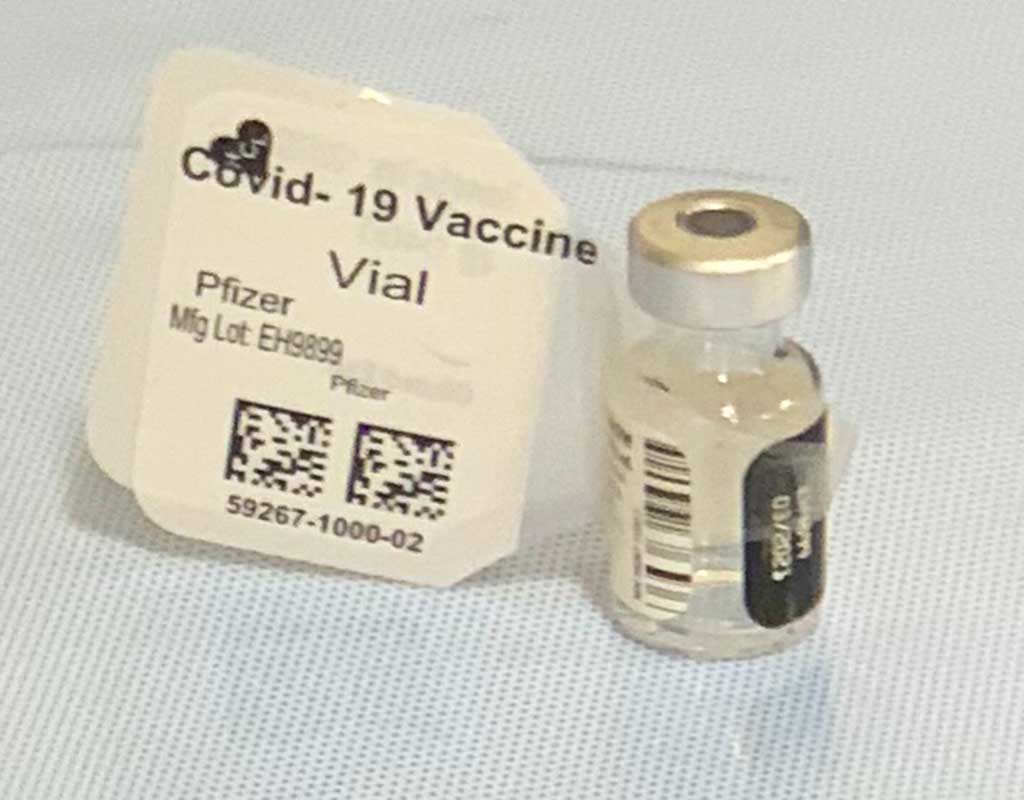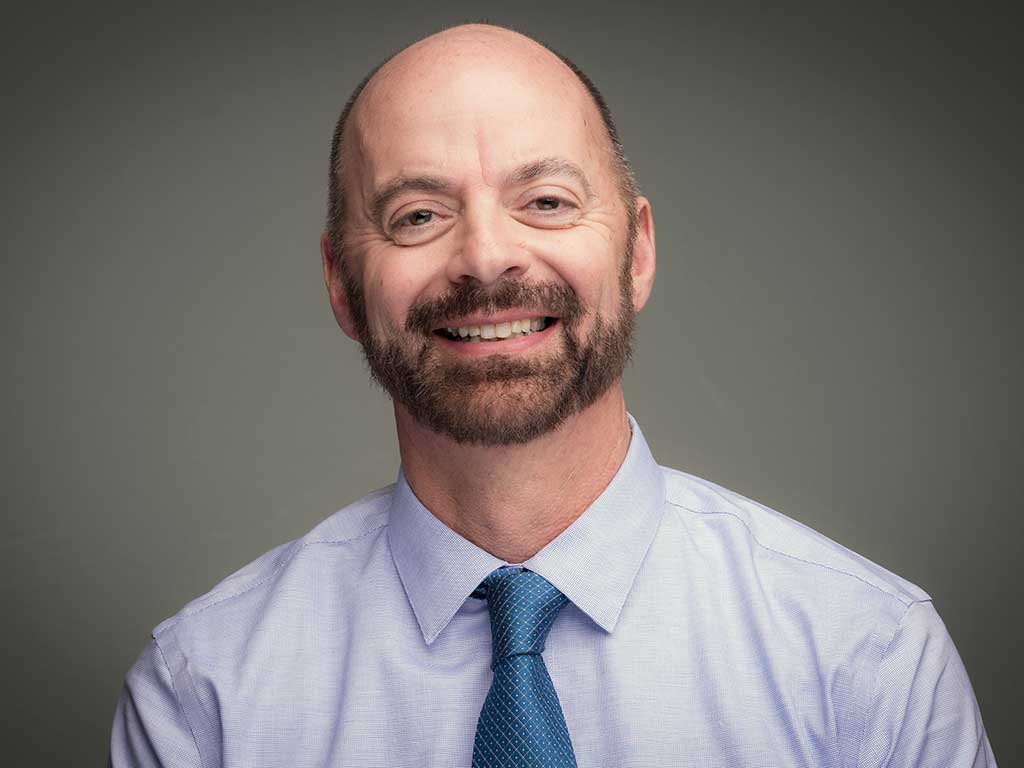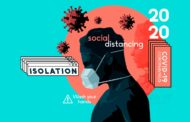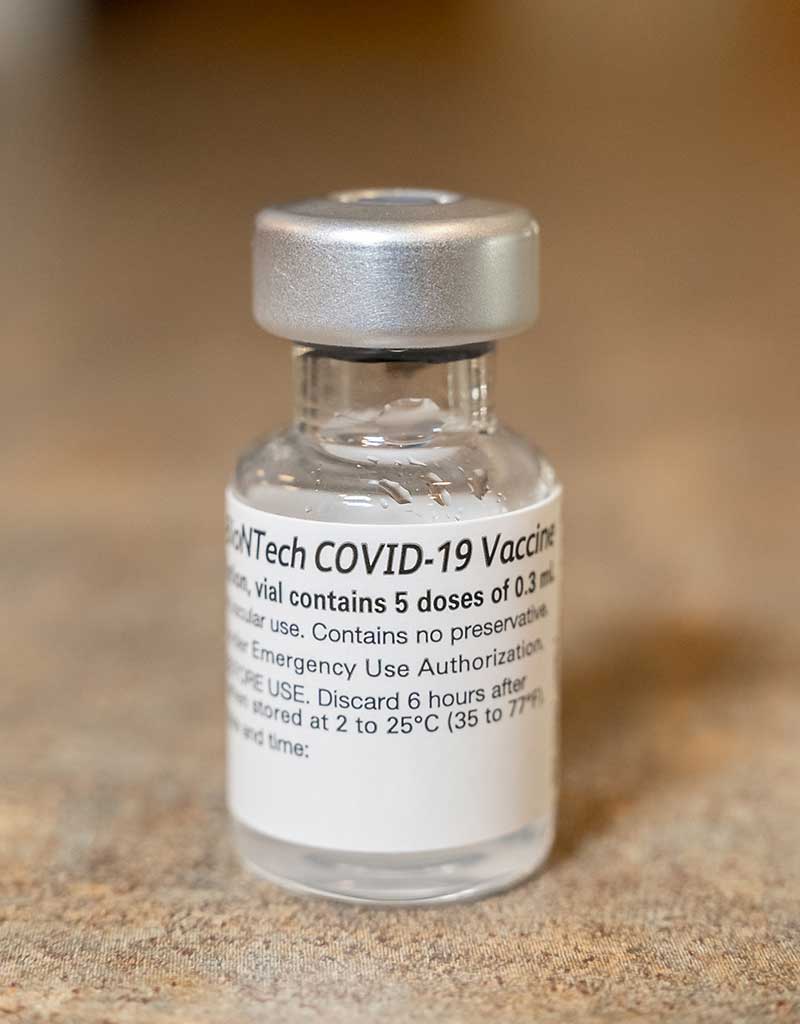
By Dr. Oren Gersten
Infectious disease is at the forefront of people’s minds across the world. Specifically, Covid-19 is an unprecedented global pandemic that is taking lives and causing suffering on a massive scale. As of this month there is finally a light at the end of the tunnel. Not only do we have a vaccine that may stop the spread of disease, but we have a better handle on therapeutics that can decrease mortality.
Infectious disease has been plaguing humans since the beginning of civilization. Up until relatively recently infectious diseases were the major cause of death across the world. With the advent of antibiotics and sanitation measures, developed countries no longer live with the daily fear of infection.
That is not necessarily true across the world. This year malaria killed over one million people, mostly kids under five, mostly in impoverished nations in sub-Saharan Africa. Similarly, this year, HIV related illnesses killed more than 600,000 people worldwide. These are mostly people in their younger years. Cumulatively this represents 1.6 million deaths from treatable and preventable infectious disease.
Compare this to the disease burden of Covid-19. As of December 2020, approximately the same number of lives have been lost. Covid disproportionately kills older folks, mostly over 65. There are also race and socioeconomic factors. People of color and low-income families are disproportionately dying from Covid-19.
Fortunately, the future of the world without Covid looks promising.
All indications are that within the next 12 months Covid disease burden will be greatly reduced, if not eradicated. This is due to an incredible amount of time, energy, and money which have been dedicated to combating a deadly virus.
Unfortunately, the picture for malaria and HIV is not as rosy. History has shown that we can continue to expect millions of lives to be lost, mostly children and people in the prime of their lives. But this does not have to be the future of our world. Covid has demonstrated that we can leverage resources to combat infectious disease. Most Americans have now felt the pain of losing a friend, neighbor, or family member to an unseen but ever-present threat. It remains to be seen if this experience will change how we view similar situations in the rest of the world.
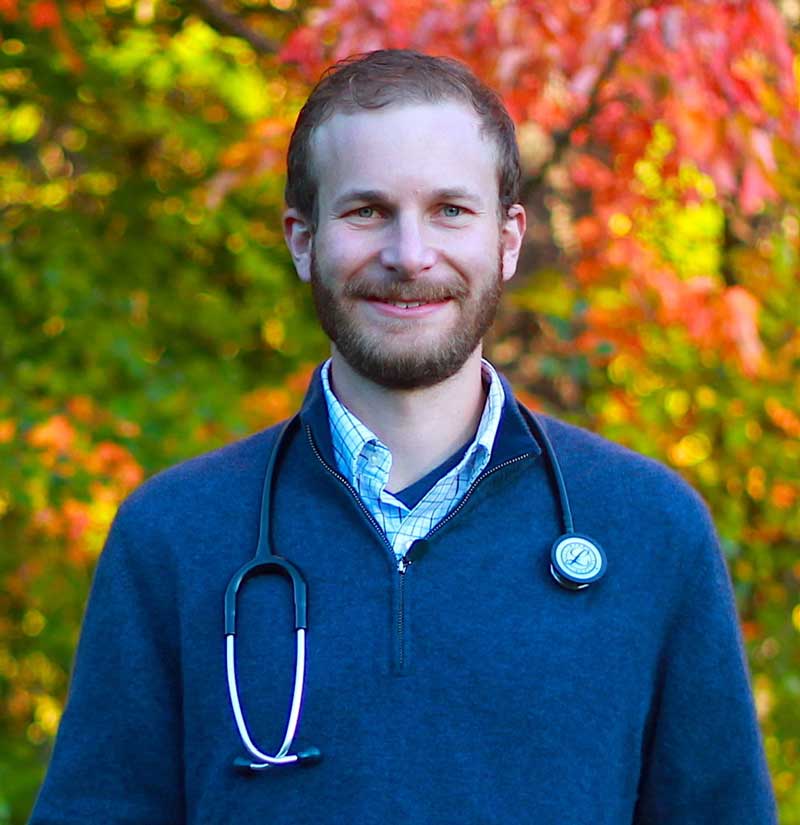
In the case of HIV and malaria, years of research have already uncovered lifesaving treatments and vaccines could be on the way. Science is not the limiting factor in saving lives from these diseases. Resources and public imperative are. Covid is proof of concept that we do have the resources and technology to put a dent in infectious disease burden, but do we have the will?
Oren Gersten is a board-certified family doctor who brings his passion for connecting and caring for people to his private practice, Portland Direct Primary Care, at 27 Ocean Street, #3, South Portland. Reach him at (207) 618-9792 or visit PortlandDirectCare.com.

